The Art of Delegation
How to Outsource Operational Tasks and Focus on What Matters Most
Running a service-based or e-commerce business means wearing many hats—marketer, customer support, inventory manager, accountant, content creator… the list goes on. While your core offering might be coaching, consulting, selling handmade goods, or running an online store, the day-to-day operations can quickly consume your time and energy.
That’s where the art of delegation becomes a game-changer. Delegation isn’t just about handing off tasks—it’s about building support systems so you can stay in your zone of genius and scale sustainably. Here’s how to delegate effectively and get back to focusing on what truly drives your business.
1. Identify Tasks You Shouldn’t Be Doing
Start by tracking your weekly tasks. Which ones eat up your time but don’t require your personal involvement? Common examples include:
Responding to customer inquiries
Processing orders or managing inventory
Creating product listings
Managing your calendar
Social media posting
Handling returns or refunds
Updating website content
If a task is repetitive, time-consuming, or outside your expertise, it’s a prime candidate for delegation.
2. Partner with a Virtual Team
Many tools can take routine tasks off your plate:
For service-based businesses: Use platforms like Calendly for scheduling, Dubsado for client workflows, and MailerLite for automated email sequences.
For e-commerce businesses: Shopify, Klaviyo, ShipStation, and QuickBooks can automate checkout, shipping updates, inventory sync, and accounting.
Automation saves hours and ensures a consistent experience for your customers and clients.
3. Automate What You Can
Automation tools can help streamline processes such as invoicing, scheduling, and email management. For instance, using a scheduling app can eliminate the back-and-forth of booking lessons, while an automated invoicing system ensures you get paid on time without manual follow-ups.
4. Bring in Specialists
Stop trying to do everything yourself—especially the things that require specific skillsets.
Hire a bookkeeper to keep your finances in order.
Work with a copywriter to optimize your product or service pages.
Contract a graphic designer to create on-brand visuals.
Bring in a Facebook ads strategist to run your campaigns.
Yes, it’s an investment—but it multiplies your capacity and frees you from work that slows your momentum.
5. Set Expectations and Communicate Clearly
When working with a remote team of virtual partners, clear communication is crucial. Share your goals, standards, and systems from the start. Whether you’re delegating social media, product uploads, or client communication, alignment helps ensure tasks are completed with excellence. Tools like Notion, Trello, or ClickUp help centralize updates and responsibilities.
6. Focus on Growth, Not Just Grind
When you delegate wisely, you create time for strategy, creativity, and connection. For service-based business owners, that might mean developing new programs or improving your customer experience. For e-commerce entrepreneurs, it could mean launching new products or refining your branding. Delegation gives you the space to lead instead of chase tasks.
Conclusion
Whether you’re selling services, products, or both, delegation is a powerful path to freedom and focus. By partnering with skilled virtual collaborators and automating routine operations, you can build a business that runs efficiently—without running you down.
With the right virtual partners by your side, your business can grow with clarity, balance, and intention.
